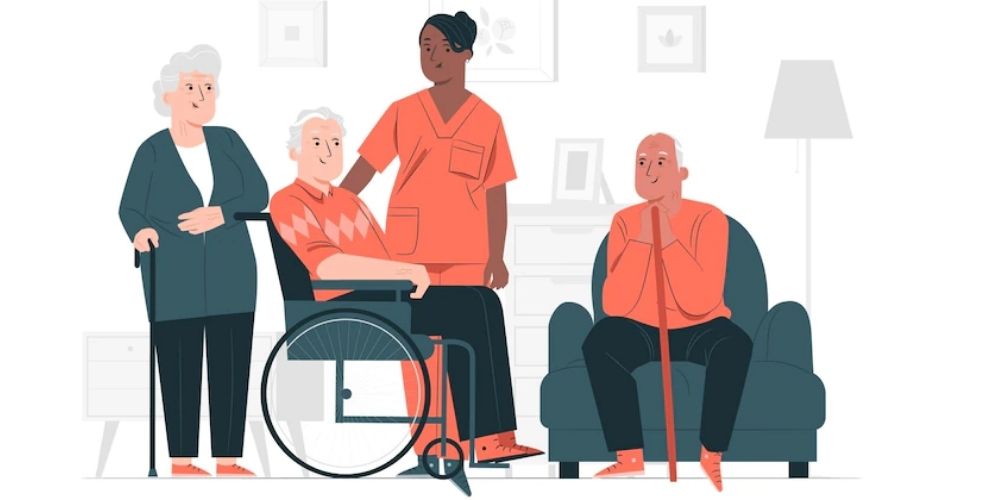A home loan, often known as a mortgage, is a secured type of loan that is a certain sum of money obtained from a known person or possibly a bank and used to acquire a property or a house. The money borrowed through a mortgage is eventually repaid in Easy Monthly Installments (often referred to as EMIs) over a certain period. Let’s cover the home loan guide for senior citizens.
Under typical circumstances, this time frame can range from 10 to 30 years. Until the EMI is paid in full, the property remains in possession of the person or organization granted the loan. Home loans for senior citizens are subject to specific restrictions.
Everything you need to know about real estate property in Maharashtra before getting a home loan when you’re in your sixties. The loan guide for senior citizens is here for top real estate builders:
You must first determine your eligibility:
Getting a home loan as a senior citizen is more difficult than getting one when you’re younger. However, some lenders are willing to grant home loans if the loan is repaid before the borrower reaches the age of 70 to 75 when the loan term finishes.
If you are above the age of sixty when you apply for a home loan, lenders will only offer you a loan term of 10 to 15 years at most. Furthermore, compared to loan applicants in younger age groups, older persons receive smaller loan amounts, but their EMIs may be greater due to shorter loan terms.
Your ability to repay is assessed:
The lender may impose certain loan repayment limitations. For example, a frequent restriction on senior citizen house loans is that the monthly EMI is less than 40% of the borrower’s monthly pension. Another lender may prefer income sources other than a monthly pension, such as a senior’s rental income (from another property) as the principal source of income.
Before accepting a loan, lenders look into the principal applicant’s repayment capabilities and the co-applicant (if one is specified). Then, the fixed obligation to income ratio, or FOIR, of borrowers is considered, which is the percentage of income spent on credit card payments and other loans EMIs. If the FOIR is higher than 40% to 50%, getting a loan is reduced.
Your credit scores are taken into account in the following ways:
First, your credit ratings are harmed each time you ask for a loan and are denied. Multiple loan applications might affect your credit score, even if you have an excellent credit score and pay your credit card debt and another loan EMIs on time.
You must check if you are eligible for the loan before applying to avoid damaging your credit scores. Before applying for a house loan, you can check your eligibility using online loan eligibility calculators.
Taking out a shared home loan has several advantages:
Senior citizen house loans are frequently accepted when taken out as a joint loan. However, due to income limits and the uncertainty of life expectancy, lenders are often hesitant to lend to senior persons.
When you take out a combined house loan with a family member who earns a steady income and names them as a co-applicant, your chances of getting your loan approved increase. You might also make a female family member, such as your wife or daughter, the primary loan holder. As a result, the interest rate on the loan amount may be reduced.
Consider a loan-to-value ratio of less than 80%:
Senior folks who choose a lower loan-to-value (LTV) ratio are more likely to get accepted for a home loan. If you choose a lower LTV ratio, you will put down a larger down payment and take out a smaller loan. The LTV simply refers to the percentage of the house/property that the lender is willing to finance.





